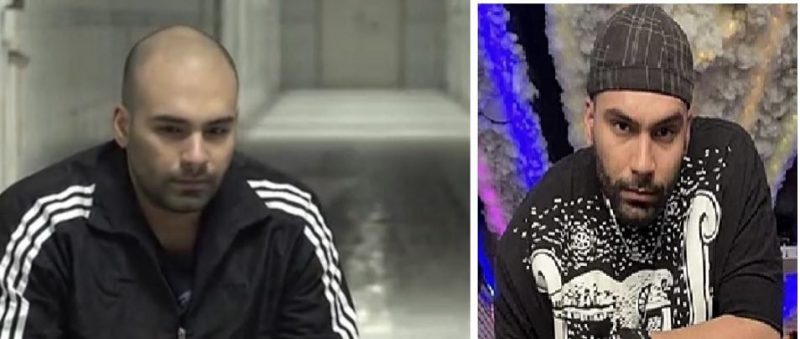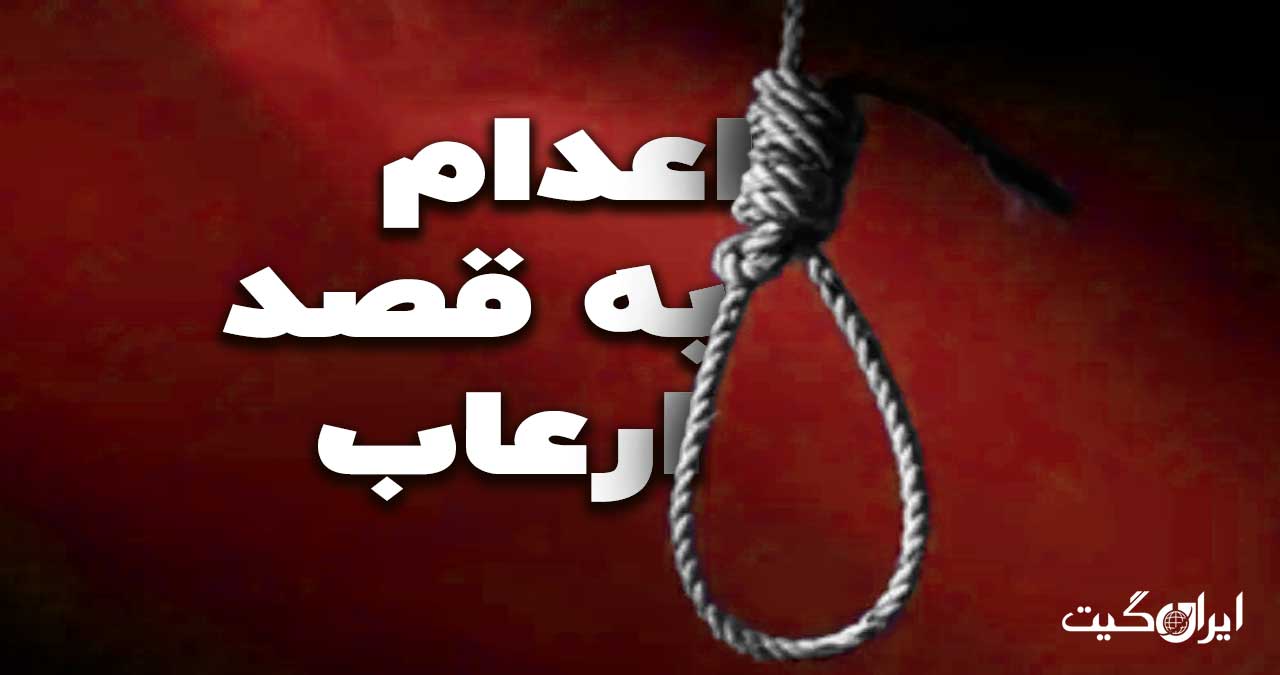Execution with the Intent to Intimidate
Execution with the Intent to Intimidate: The Iran Gate report in recent days, following the holding of some trials of protesters in the Woman, Life, Freedom movement, has witnessed the issuance of severe indictments under titles such as waging war against God (moharebeh) and corruption on earth.
This type of judicial approach was so far removed from the existing criminal laws of the country that it even provoked reactions from religious legal scholars like Mohsen Borhani. He explicitly stated in a tweet that legally, customarily, and religiously, a stone is not a weapon, nor are fists and kicks weapons. Therefore, someone who uses them is not using a weapon and thus is not a mohareb, although they might be guilty under another title in some cases. Do not use law, religion, and human lives as a tool to display power and create fear.
Now the question arises, what becomes of the slogan and display of will for reform from the newly appointed head of the judiciary, which incidentally created great hope among some political activists and reformists? Can we essentially forget about the judiciary’s approach in its first serious challenge and the possibility of reforming the judiciary’s consistently negative and biased performance, which, coincidentally, its independence and impartiality are the most important conditions for its acceptance and legitimacy?
Molavi Abdul Hamid’s Religious Protest
Following the heavy death sentences on charges of moharebeh, Molavi Abdul Hamid, the Sunni Friday prayer leader of Zahedan, also protested. In his Friday sermon, he announced that they should refrain from issuing moharebeh sentences for protesters and emphasized that the rights of all people, even Baha’is, must be respected.
He cited historical examples from the time of the Prophet of Islam and the caliphate of Ali, the first Imam of the Shia and the fourth caliph of the Sunnis, stating that violent treatment of protesters is against their practice and the holy book of Islam.
Judiciary Seeking Justice or Preserving the System
But the fundamental question is whether the judiciary in a political system’s task is to establish justice relatively or whether preserving the political system takes precedence. Naturally, the criticism that has been directed at one of the most important pillars of the system, namely the judiciary, since the establishment of the Islamic Republic after the monarchy, is its lack of independence.
As we have progressed, with the strengthening of the political police and security apparatus, this complex has become the main decision-maker and even decision-taker in courts, especially political trials. We have repeatedly witnessed many political activists who have been arrested and tried due to their activities, quoting similar accounts of the unconventional approach of interrogators or, as they call them, case officers. Many of these political defendants have quoted their interrogators saying, ‘I am in charge, and whatever I write, the judge will rule accordingly.’
Role of Political Police
In recent days, following the issuance of immediate death sentences for several protesters, which fundamentally did not align with any legal framework, we witnessed a statement from the IRGC intelligence agency expressing gratitude for these sentences and considering them as strengthening the country’s security.
Such a message of gratitude from security agencies for the judiciary’s harsh and unjust actions is evidence of the claim that the judiciary, more than pursuing justice, seeks to ensure security, particularly through a model of security achieved by suppression and intimidation.
This intertwining and entanglement of judge-interrogator yields nothing but the production of an ineffective judicial structure. All such security-judicial models essentially place the government and society in a state of deadlock and impasse in the long term.
Global Community’s Reaction and Its Consequences
What we have recently encountered, and what happened for the first time, was an extraordinary and informal meeting of the United Nations Security Council to examine the human rights situation in Iran. The result was a majority vote to form a fact-finding committee on recent events and protests. Naturally, if the Islamic Republic does not cooperate and information is gathered through independent channels, a costly case will eventually be formed against the system and, once completed, sent to the UN Security Council for punitive decisions.
So, as we see, such behaviors and rulings may in the short term lead to the crisis and people’s protests being less visible, but at the same time, they create serious, costly international threats and crises elsewhere.

Justice and Good Governance
Certainly, justice is considered one of the eight important components of good governance, and governments’ implementation and adherence to it not only bring citizen satisfaction but also largely guarantee the rulers’ survival and continuation. The insistence of some governments on not observing this component and the thought that they can create intimidation through executions is a futile thought and a decision against themselves. Such executions, instead of intimidating protesters, accelerate the downfall of regimes because the crisis of illegitimacy originates precisely from this type of rulers’ behavior, which is the first step towards the brink of collapse.
The First Victim of the Last Resort
Mohsen Shekari became the first victim of the intimidation theory. From his first trial session to the execution of his death sentence, less than two months passed. Whatever this judicial process is pursuing, it is certainly not the execution of justice, and it certainly creates such public anger and hatred that can be clearly found among the words of Mohsen’s fellow inmates during his detention in Evin. Whatever the outcome of this spreading hatred and injustice may be, it is not something that benefits the government.

